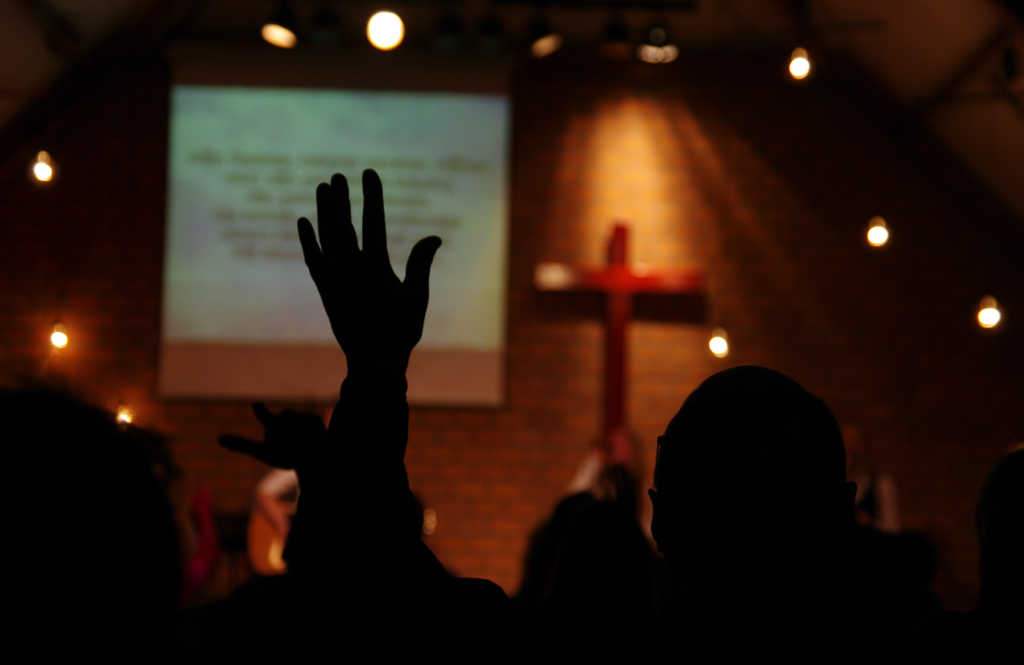In an article for the New Yorker, pastor and theologian Timothy Keller grapples with the state of evangelicalism in the age of President Donald Trump and the wake of Roy Moore’s loss in Alabama.
At the crux of the piece is a simple question: will evangelicalism, which is a word he believes has become synonymous with “hypocrite,” survive the current social and political climate? The New York megachurch leader believes it will, though it may come to be seen quite differently than it is now.
“‘Evangelical’ used to denote people who claimed the high moral ground; now, in popular usage, the word is nearly synonymous with ‘hypocrite,’” Keller writes. “When I used the word to describe myself in the 1970s, it meant I was not a fundamentalist. If I use the name today, however, it means to hearers that I am.”
He believes the meaning of the term evangelical has “changed drastically” in recent years because of the role conservative leaders and pollsters have played in redefining it. While politics has classified evangelical to mean a predominantly white voting block that overwhelming supported both Trump and Moore in recent years, evangelicalism as a religion is actually in the midst of a transformative diversification.
In many parts of the country, Evangelicalism serves as the civil or folk religion accepted by default as part of one’s social and political identity. So, in many cases, it means that the political is more defining than theological beliefs, which has not been the case historically. And, because of the enormous amount of attention the media pays to the Evangelical vote, the term now has a decisively political meaning in popular usage.
Yet there exists a far larger evangelicalism, both here and around the world, which is not politically aligned. In the U.S., there are millions of evangelicals spread throughout mainline Protestant congregations, as well as in more theologically conservative denominations like the Assemblies of God, the Southern Baptist Convention, and the Lutheran Church, Missouri Synod. But, most significantly, the vast majority of the fast-growing Protestant churches in Asia, Latin America, and Africa all share these same beliefs. And in the U.S., while white Evangelicalism is aging and declining, evangelicalism over all is not.
The enormous energy of the churches in the global South and East has begun to spill over into the cities of North America, where a new, multiethnic evangelicalism is growing steadily… Here in New York City, even within Manhattan, I have seen scores of churches begun over the last fifteen years that are fully evangelical by our definition, only a minority of which are white, and which are not aligned with any political party.
In his experience, these new churches are “more committed to racial justice” and “care for the poor” more than “white Evangelicalism,” but the multicultural communities remain “conservative on issues like sex outside of marriage.” Keller says such believers come to hold a “strange mixture of liberal and conservative viewpoints” and “resist the contemporary ethical package deals that today’s progressivism and conservatism seek to impose on adherents.”
Essentially, this younger crowd does not subscribe to the notion that politics or faith are one-size-fits-all. With new wave evangelicals seemingly unwilling to play by the existing rules, Keller believes, politically speaking, the U.S. may be reaching a point in which the word “Evangelicalism” (with a capital E) has outlived it’s usefulness. Likewise, from a religious perspective, the changing demographics of evangelicalism will ultimately lead to a new understanding of the faith.
“Will these younger churches abandon the name or try to redefine it? I don’t know, but… what is crucial to know is that, even if the name ‘evangelical’ is replaced with something else, it does not mean that the churches will lose their beliefs,” Keller says, likening a potential name change to the Democratic Party’s linguistic shift from “liberal” to “progressive.” “In some ways, the Democratic Party is more liberal now than when the older label was set aside, evidence that it is quite possible to change the name but keep the substance. The same thing may be happening to evangelicalism.”
Citing studies that show secular churches are floundering, while institutions resisting the urge to dilute their theological beliefs are thriving, Keller sees a future in which evangelicalism continues to grow—just not in the way we’ve come to understand or expect it.
“The movement may abandon, or at least demote, the prominence of the name, yet be more committed to its theology and historic impulses than ever,” he concludes. “And if evangelicals—or whatever they will call themselves—continue to become more multiethnic in leadership and confound the left-right political categories, they may continue to do so.”
Read the entire article here.


